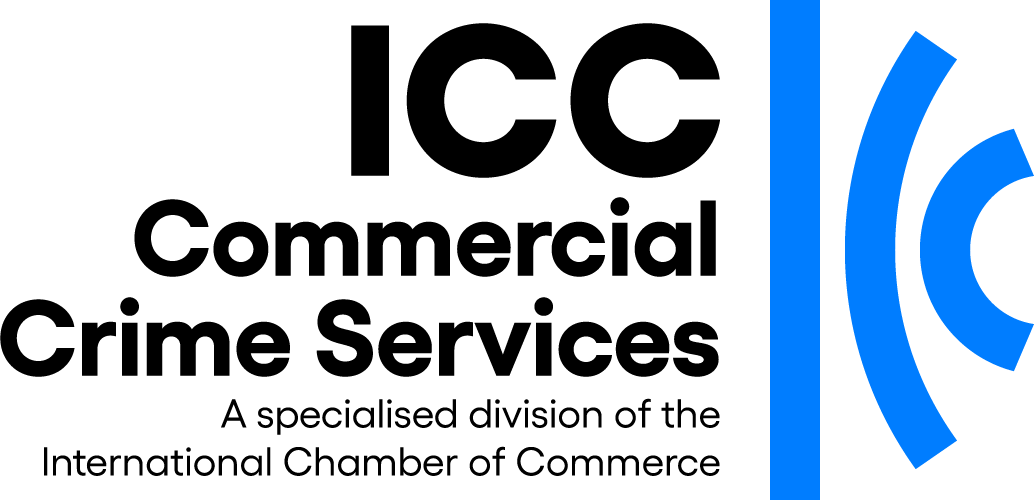
 Through the assistance of its membership network, ICC Commercial Crime Services (CCS) has recently identified and exposed a number of highly suspect commodity frauds.
Through the assistance of its membership network, ICC Commercial Crime Services (CCS) has recently identified and exposed a number of highly suspect commodity frauds.
 Through the assistance of its membership network, ICC Commercial Crime Services (CCS) has recently identified and exposed a number of highly suspect commodity frauds.
Through the assistance of its membership network, ICC Commercial Crime Services (CCS) has recently identified and exposed a number of highly suspect commodity frauds.
Largely originating from the Russia, Ukraine, and other CIS countries, these spurious deals have frequently involved offerings of high demand commodities including cement and urea.
The fraudulent sales offerings were brought to the attention of CCS after member organizations noticed irregularities and sought clarification by CCS experts.
CCS Director Mr Pottengal Mukundan stated: “Our analysis of these cases of trade and shipping fraud found several common denominators. Principle among these was the offering of goods well below market value and fake documentation associated with the sale. We also determined that some of these suspicious sellers were not unknown to CCS.”
Original suspicions were raised by a member offered a commodity priced decidedly below market value. CCS investigation of this incident found that the seller was listed in the ICC Financial Investigation Bureau (FIB) online database. FIB data indicated that in 2005 the identified individual had been flagged by FIB in connection with fraudulent activity.
In another case, a CCS member received an unsolicited email offering a urea trade with highly attractive terms. The offer quoted a CIF (cost, insurance, freight) price for bagged urea from Russia, Ukraine or other CIS countries. CCS investigation of the seller determined that the company offering the deal was not in good standing and had recently been struck off its own national register.
A separate case involved a shipment of bagged cement to be exported from Russia and the Ukraine. Again, the CIF price quoted was well below market value. CCS inquiries quickly verified that bagged cement is not exported from Russia or the Ukraine.
Many of the fraudulent contracts reviewed contained “red flag” terms typically associated with financial frauds. Specific terms used in the documents included: “Advance Payment Bank Guarantees”, “Bank Comfort”, “Proof of Funds”, and “Non-circumvention / Non Disclosure” letters. Other similar offerings referencing CIS countries included high risk commodities such as iron ore, scrap metal, sugar, urea and cement. The offers tend to be for hundreds of thousands of tonnes per year, in shipments of 12,500 tons.
“Unsuspecting buyers are frequently being targeted via the Internet or through intermediaries. Detection of fraudulent offers at an early stage will avoid wasted management time, and prevent unnecessary financial losses,” added Mr Mukundan.
It is recommended that any individual receiving an offer they do not fully understand or containing terms that appear questionable contact the CCS for further advice.






